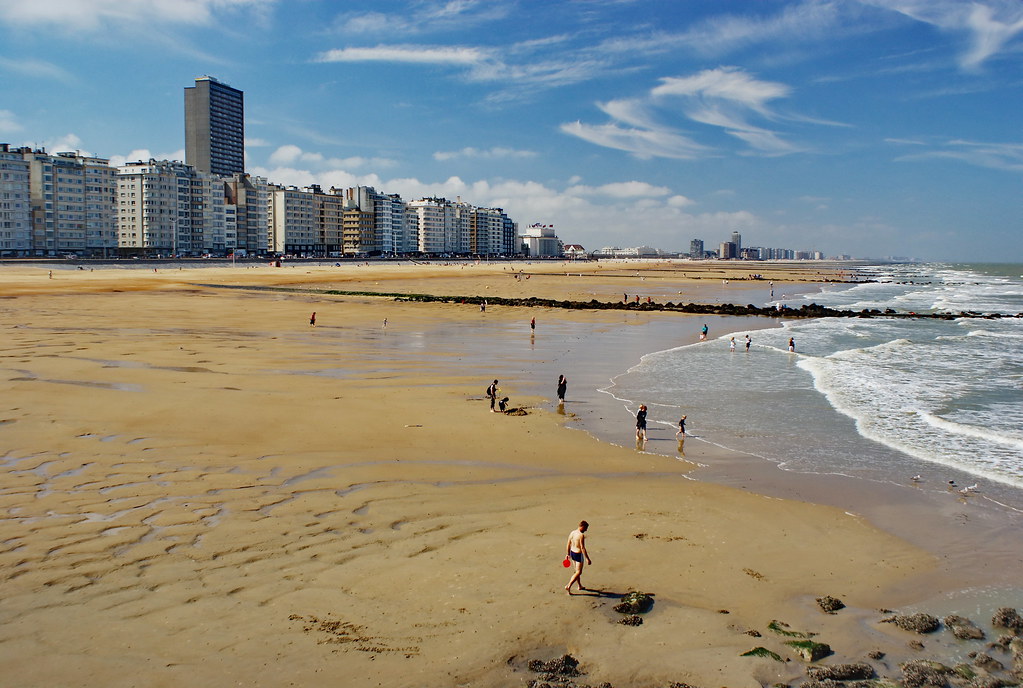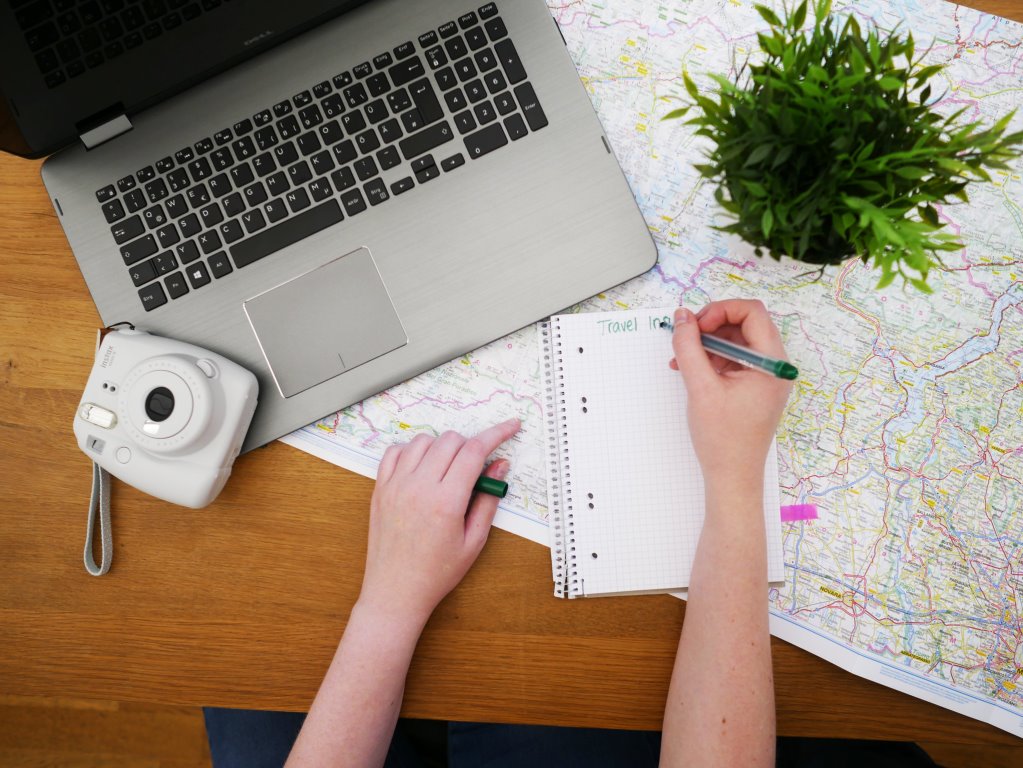Anyone who said that vacation is a time to relax obviously hasn’t spent 12 hours on a plane, waited in long museum lines, or embarked on half-day walking tours through foreign cities.
Vacations are relaxing in the larger sense, but they call for plenty of activity that your body may not be used to. Sure, there are those trips you spend lying on a beach or beside the pool. But most of us travel in order to see the world and explore new places. As wonderful of a break from work as that is, it certainly demands more of our bodies than sitting in an office chair for 8 hours a day.
Whether you’re planning an outdoor adventure, a culture-infused metropolitan vacation, a luxury train tour, or yes–even some beachside R&R–you’ll enjoy your time much more if you prep your body for the flight, jetlag, lines, and other physical tolls that traveling takes on your body.
Here are some tips to get you warmed up before you travel so you don’t tire out halfway through the trip.

Think About How You’ll Be Spending Your Trip
The first step in preparing to endure travel is to make note of how you’ll be spending your time. Will you be racking up long hours on a plane? Cooped up in a rental car? Standing in long lines to see attractions? Taking long hikes or walking tours?
Each of these options likely takes a different toll on your body and will require different preparations. If you’re flying internationally, the first thing you’ll want to do is learn some stretches that you can perform during your flight to keep your circulation going. Make sure to drink plenty of water, as long flights can dehydrate you, and consider purchasing travel pillows or other accessories that will allow you to be comfortable on the plane and physically refreshed the second you land.
If you’re embarking on an outdoor adventure such as a hiking or camping trip, consider working out starting a month before you leave. Today there are numerous online workout programs you can access, and even get guidance from a trainer for free, that will help you strengthen your core and build endurance so you can withstand long treks.
Consider Changes to Your Diet and Sleep Schedule
Traveling throws us off our routine. We spend more time and energy darting from one place to another, and our bodies often take some time to acclimate to busier schedules. And that’s to say nothing of jetlag, which can throw even the most well-seasoned traveler into a week-long state of grogginess and confusion.
Luckily, there are ways to prepare for these eventualities, and the trick is to locate where your schedule will most affect you and how your own body responds to the changes you’ll be putting it through. For example, many people experience digestion issues while traveling. If you’re one of them, consider supplements and over-the-counter medicines like stool softeners or Imodium to help you even out.
It’s also important to stick to your normal eating routine. The excitement and tightly-packed schedules of a vacation may make it easier to miss meals or trade healthy foods for quick snacks or luxurious indulgences, so make sure to at least balance it out with a good selection of fruits, vegetables, and plenty of drinking water.
If you’re traveling overseas, coordinate your flight times with the time zone you’ll be arriving in. While there may not be a cure-all for jet lag, there are plenty of actions you can take to acclimate comfortably to a new time zone. Consider altering your sleeping schedule the night before your flight so as to acclimate your circadian rhythms to the new time zone. Drink plenty of water, plan for some expected grogginess and interrupted sleep, and if you can, try to leave your first few days in your destination loose so that you have time to rest and get used to the new time zone.

Even R&R Takes Work
Vacations are taxing, and there’s no way around that. Even if you’ll be laying on a tropical beach for a week, you’ll still need to board a plane, adjust to a new schedule, or a thousand other variables that come up when traveling. It’s wise not to take that for granted, but instead prepare your body for the unique physical demands that your trip will require. Once you do that, you’ll be better equipped to feel energetic and get the most out of your trip.






